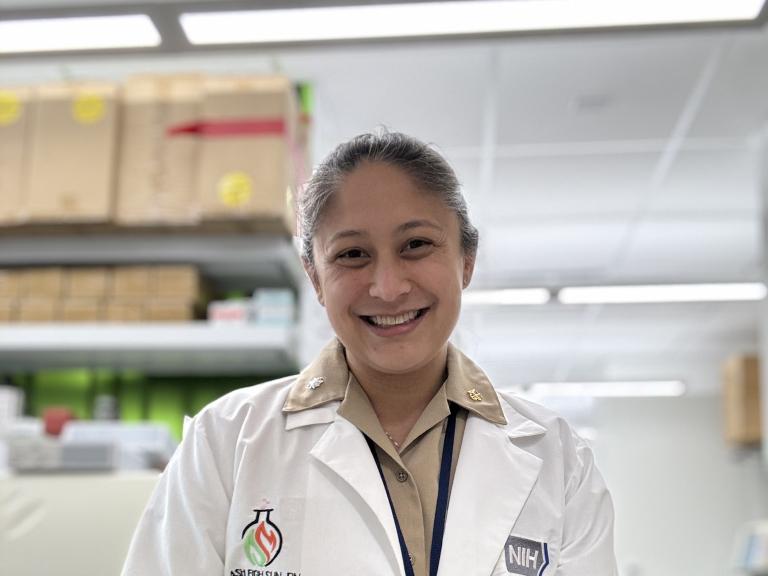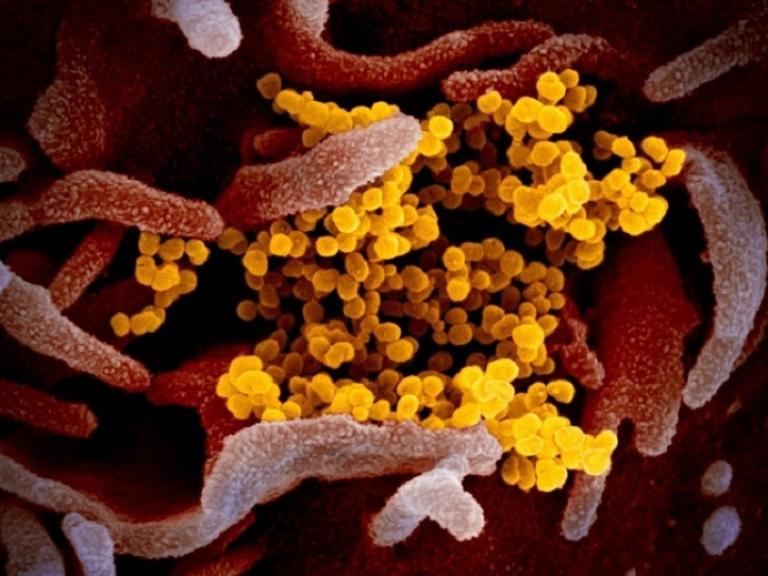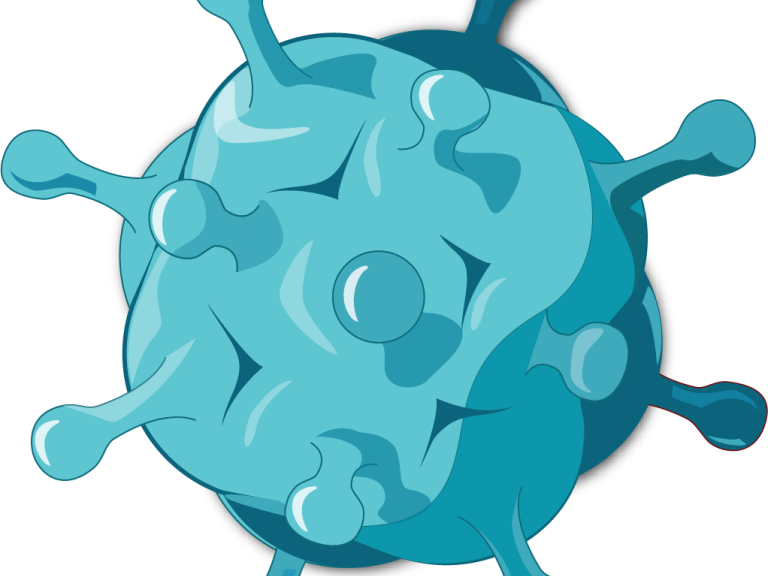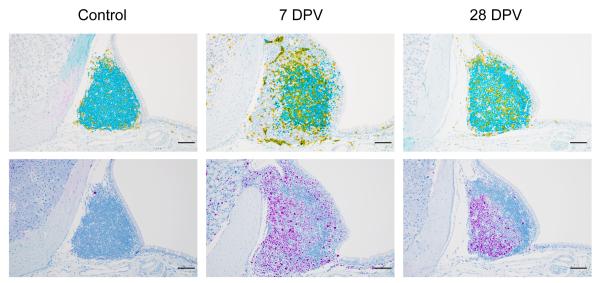NIAID conducts and supports basic research in allergy and immunology that increases our understanding of the immune system and how it contributes to the development of atopic dermatitis and its complications. NIAID also funds patient-centered research to explore the genetic determinants of eczema and to evaluate new strategies to prevent and treat the disease.
Through the information offered here, researchers can learn about the science being conducted at NIAID and by NIAID-funded researchers. Researchers seeking funding can access opportunities to further their own research, while NIAID and NIH grantees can find out about available resources outside of specific funding opportunities. Recent publications, active networks, and ways to connect with other researchers are also available.
Researcher Spotlights

CDR Ashleigh Sun, R.N., M.S.N., Clinical Programs Manager
Ashleigh Sun is a clinical programs manager in the Epithelial Therapeutics Unit who works on eczema studies that have the potential to improve suffering for millions.

Ian Myles, M.D., M.P.H. Leads Eczema Research
Dr. Ian Myles’ research investigates how human health is affected by the normal microorganisms that live on our skin. His lab specifically focuses on eczema.
The news release NIAID Discovery Leads to Novel Probiotic for Eczema highlights the scientific discovery of an R. mucosa-based probiotic that is the result of seven years of research in NIAID’s Laboratory of Clinical Immunology and Microbiology (LCIM).
Support for Research
Connect with Other Researchers
Search for scientists at NIAID who research eczema in the scientist directory.
Search for scientists funded by NIAID who research eczema on RePORTER.
Programs & Networks
Atopic Dermatitis Research Network scientists aim to understand immune system responses in the skin by comparing responses to viral and bacterial skin infections in healthy individuals with those in people with atopic dermatitis.






